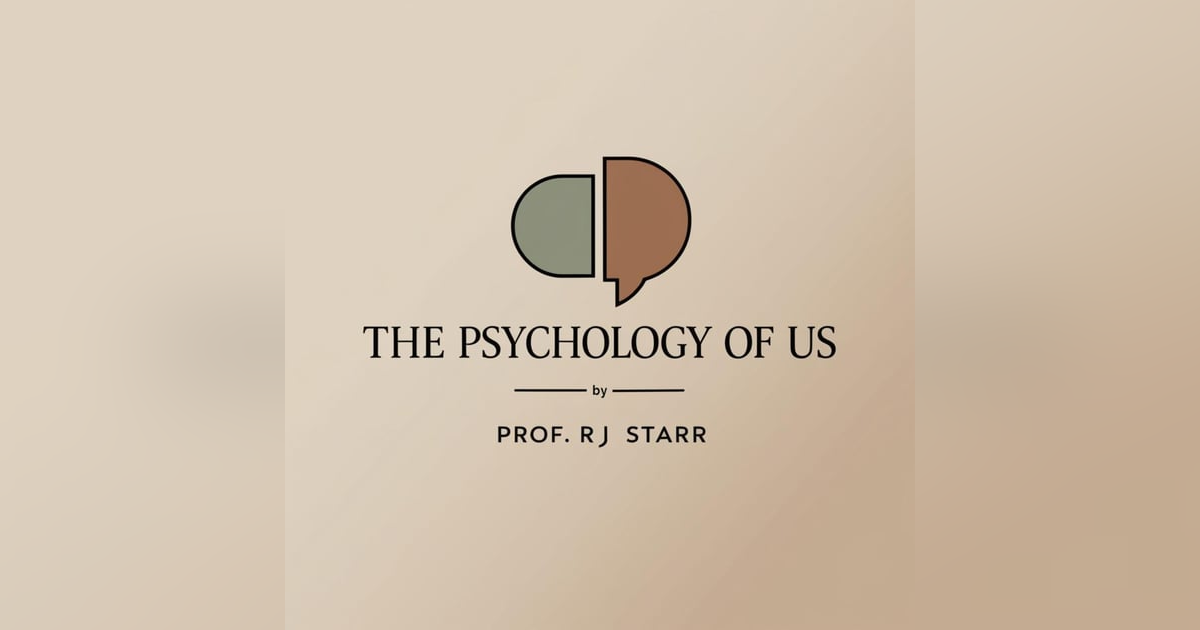The Psychology of the Commons: Why Some People Care When No One’s Watching

Why do some people care for the spaces we share while others act as if they exist outside of them? You see it everywhere—the neighbor who breaks down their boxes, the driver who stays within the limit on an empty road, the employee who feels a quiet duty to leave things better than they found them. And then there are the others: the ones who walk away, cut corners, or assume someone else will handle it. We call it inconsiderate, but psychology sees something deeper.
In this episode, RJ Starr explores the psychology of the commons—what happens inside the mind when accountability disappears. Through moral development theory, emotional regulation, and the study of social belonging, he examines why awareness doesn’t always translate into responsibility. Why people who “know better” still disengage when no one is watching, and why a small minority keep caring regardless of circumstance.
This is a conversation about moral identity in everyday life—how the way we treat shared spaces reflects the way we relate to the world itself. Because caring for the commons isn’t just civic responsibility; it’s psychological coherence. When we act with integrity in the absence of oversight, we’re not just protecting order—we’re protecting something human.





